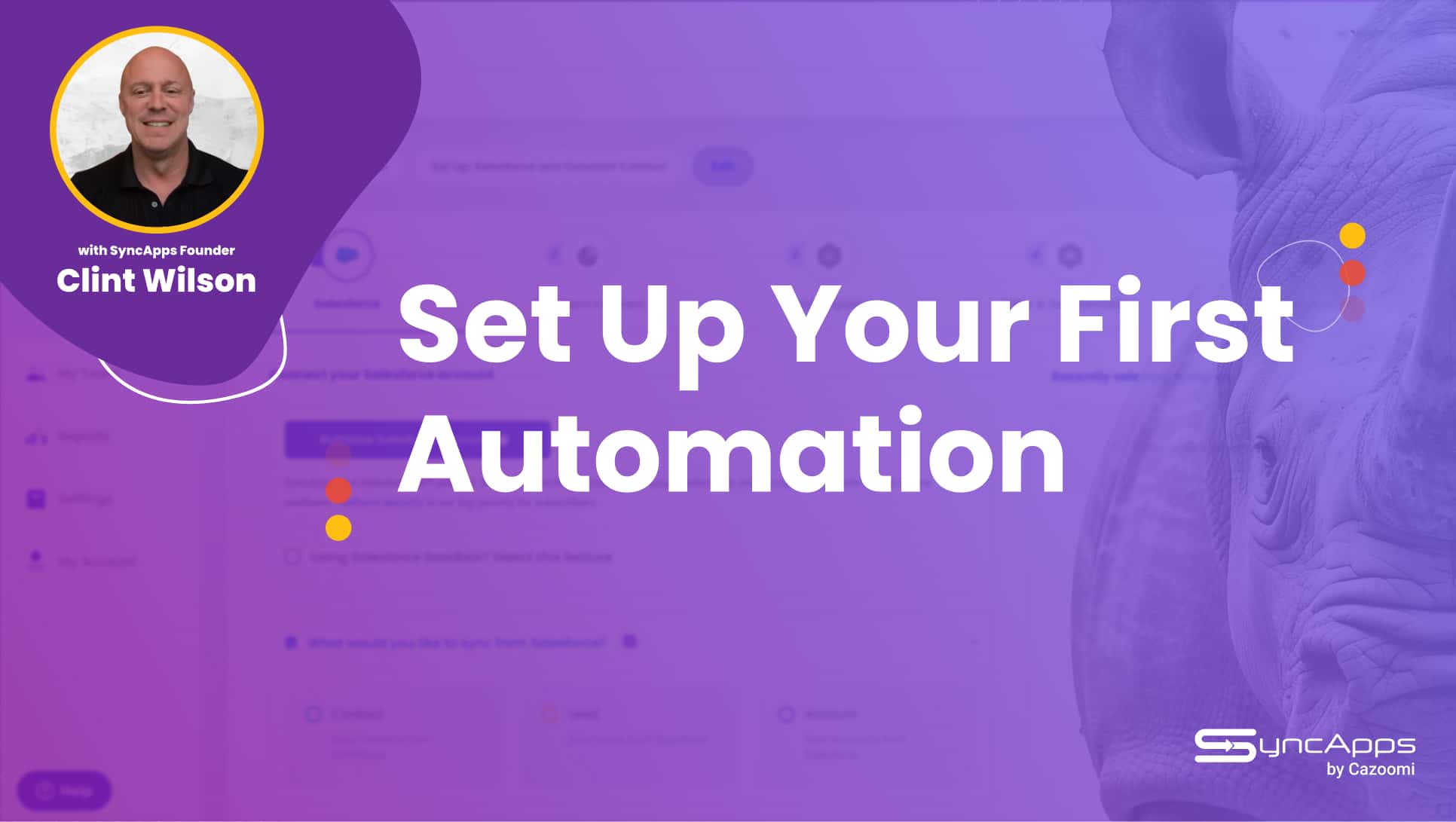Successfully utilizing big data is vital in today’s corporate environment. Globally, the big data industry is worth $274.3 billion. Nine billion Google searches are done daily, and consumers spend more time shopping on their phones, laptops, and tablets than ever before.
Big data can help you identify trends, spot areas of operational inefficiency, and improve your consumer experience. Successfully utilizing big data can improve your employees’ mental health at work by helping reduce stress and set them up to succeed in their roles. After all, businesses that use big data are more agile and efficient, meaning your staff can spend more time focusing on creative tasks rather than sifting through data sets.
However, big data can be unwieldy for businesses that don’t have a solid plan. You can collect thousands of data points daily, but knowing how to store, organize, and interpret them is a real challenge for many businesses.
Fortunately, big data solutions help businesses overcome data challenges. Analytical tools can assist in finding the right storage system, and AI-driven machine learning algorithms can replace data scientists.
What Is Big Data?
Big data has been around since the 1950s. Back then, this field was primarily referred to as business analytics. At that time, business leaders relied on basic spreadsheets and manual calculations to identify trends in data. Today, however, “big data” refers to data sets that are so large, complex, or unwieldy that they cannot be effectively managed using these traditional methods.
Today, businesses can collect real-time data with every click, like, share, or follow. Most companies that use big data also use artificial intelligence (AI) to better collect, organize, and analyze their findings.
AI-based programs use machine learning algorithms that are programmed to understand clearly defined data sets and produce valuable results. These deep-learning programs sift through large data sets in the blink of an eye and can uncover trends, analyze sentiments, and identify correlations between consumers.
Leveraging big data successfully gives businesses an advantage. AI programs aren’t quite a crystal ball that offers a view into the future, but they can help business leaders make better, more strategic decisions based on accurate information rather than hunches and feelings.
- Storage
Collecting and storing large amounts of data can hinder your business operations. When data is not well-organized, it becomes difficult to make informed decisions. Additionally, storing millions of data points in your CRM can result in crashes and significantly slow loading speeds.
Solution: Cloud Computing
Fortunately, recent advancements in cloud computing mean that data sets can be stored independently from physical storage in your workplace. Some 44% of small businesses use cloud storage already, and 74% of enterprises use cloud technology to store and organize their data.
Utilizing cloud computing means you can overcome barriers like hard drive disk space and won’t suffer from a midafternoon slump when your entire sales team tries to refresh their CRM.

Migrating to the cloud also allows businesses to scale their operations in line with demand. Cloud computing is more flexible than physical storage space, meaning you can upload as much or as little data as you wish while testing out new organizational methods.
Cloud organization may save your business time and money. Subscription-based cloud storage may be cheaper than data centers that store terabytes of data. Similarly, cloud-stored data can be accessed anywhere and at any time. This is particularly important for remote operations.
- Organization
How you organize big data is just as important as where you store it. Disorganized or poorly labeled data is effectively unusable. Deep learning programs can be adjusted to account for human error, but organizational missteps will mean that some data falls through the gaps.
Poor resource management has a knock-on impact on the rest of your business. Your Software as a Service (SaaS) programs won’t run at maximum efficiency, meaning you’re effectively wasting money that you spend on subscriptions like Salesforce, Mailchimp, and NetSuite.
If you hire data scientists, the negative impact of poor data organization is even more profound. Data scientists say they spend between 50 and 80% of their day just sifting through data and completing mundane activities.
Solution: Integrations
You can improve your big data strategy by ensuring that each of your SaaS subscriptions is integrated with one another. In effect, this allows a program like Salesforce to “speak” to a program like Mailchimp. This makes your data easier to find and access, no matter what program you or your team are using.

When integrating data, consider more technology-driven solutions. Traditional methods that rely on extract, transform, and load (ETL) processes often require a lot of human effort and can be very time-consuming. Instead, explore machine learning programs that can quickly identify commonalities and perform ETL tasks much more efficiently.
- Consumer Mistrust
Big data has come under scrutiny in the past decade due to public misconceptions about data security issues and how the data will be used. A lack of digital literacy means that only 25% of people know their digital footprint includes information like physical location. However, 97% expressed concern about how their data would be used.
Solution: Ensure Compliance
You can maintain trust amongst your consumers while gathering valuable data by staying up to date with the privacy laws that are supported by the Federal Trade Commission Act (FTC). The FTC may take action against any organization that:
- Doesn’t create and maintain industry-standard data security measures
- Doesn’t have self-regulatory principles in place
- Doesn’t have a clear published privacy policy
- Doesn’t follow their published privacy policy when transferring private user data
- Lies to consumers or misrepresented privacy policies and security procedures
- Collects, processes, or shares consumer information in a way that violates consumer’s data privacy rights
- Produces misleading advertising
- Doesn’t provide adequate personal data security
You can secure your data by working with licensed programs that follow data security laws. Programs should be both GDPR and CCPA-compliant. Likewise, any data management programs you use should be encrypted and authenticated to reduce the risk of mistakes or malicious actors undermining your consumer’s data privacy.
- Analysis and Interpretation
Big data helps you identify trends and gain a competitive advantage over rival businesses. However, many companies get bogged down in analysis or fail to fully utilize their available data. It can take time to draw out meaningful insights or make an effort to collect, store, organize, and analyze data worthwhile.
Solution: Automated Data Mining
You can improve your big data analyses by utilizing data mining software that can “dig” through historical data to provide accurate predictions about future trends. Data mining has come a long way in the past few years, as increased processing power means that automated processes are quicker than manual analysis.

Today, automated data mining can help you make informed predictions about the economy, your operations, the general sentiment held by customers, and other essential factors that impact your business. This allows you to optimize your price point, refine your marketing, and ensure that your spending has the highest ROI possible.
Conclusion
Big data is a multi-billion-dollar industry. Successfully utilizing significant data challenges requires an AI-integrated approach to data management. AI programs can stitch your SaaS programs together and ensure you don’t accidentally leak private data or fall foul of FTC laws.




